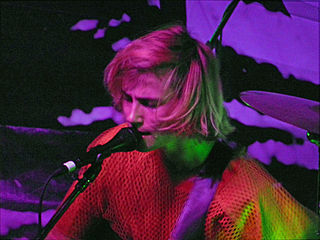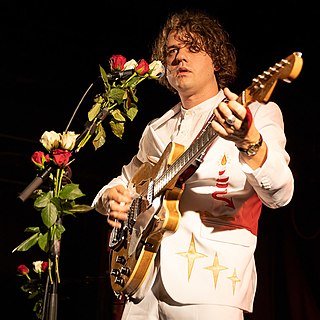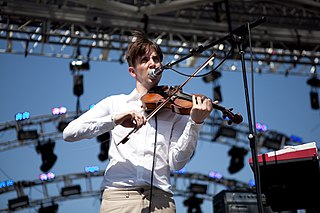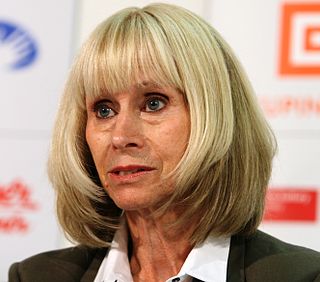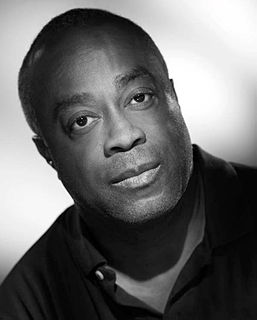A Quote by George R. R. Martin
I think my very earliest stories were all intellectual exercises and I was writing from experiences I had never had about characters who were about an inch deep.
Quote Topics
Related Quotes
My father was a writer, so I grew up writing and reading and I was really encouraged by him. I had some sort of gift and when it came time to try to find a publisher I had a little bit of an "in" because I had his agent I could turn to, to at least read my initial offerings when I was about 20. But the only problem was that they were just awful, they were just terrible stories and my agent, who ended up being my agent, was very, very sweet about it, but it took about four years until I actually had something worth trying to sell.
Once I've properly finished a book, my ideal state of being would be to never think about it again. But with 'Capital,' I felt I'd spent so much time with the characters that they were very, very real, and I definitely had a sense of loss about leaving them behind in a way I've not quite had before.
Long before I became a feminist in any explicit way, I had turned from writing love stories about women in which women were losers, and adventure stories about men in which the men were winners, to writing adventure stories about a woman in which the woman won. It was one of the hardest things I ever did in my life.
I didn't want the lyrics to be about specific things in my life, I wanted them to be about generalised experiences I'd had. So when I'm writing about relationships or somebody leaving you or something, a lot of lyrics are partly about failed relationships I'd had, but they were also about my Dad, and being abandoned as a kid.
So the fact that there's someone who's planning what happens to the characters, writing it down, means that the characters always have a fate. And when we think about fate, we tend think of it as the thing we would have if we were literary characters, that is, if there were somebody out there, writing us.
When I was about twenty-one, I published a few poems. Maybe I wrote a couple of stories before, but I really began to write stories in my mid-thirties. My kids were still little, and they were in school and day care, and I had begun to think a lot about wanting to tell some stories and not being able to do it in poetry.
I was a housewife, so I learned to write in times off, and I don't think I ever gave it up, though there were times when I was very discouraged because I began to see that the stories I was writing were not very good, that I had a lot to learn, and that it was a much, much harder job than I had expected.
I was able to notice in a very early stage, there were discrepancies between the people who are writing the songs and discrepancies about the self that I was writing about. I was feeling that there were all these different people, both writing the record and having the record being written about them, even though ostensibly it was me sitting down and documenting a series of life experiences. Part of that, when I recognized this unconscious thing I was doing, was about these spaces, about these gaps.
Woodfall wasn't deliberately telling working-class stories, but John Osborne and other writers who were involved with them were writing those stories, which had never really been written before. The working-class person always had to have an accent before, was often a joker, and peripheral. At Woodfall, they were driving the film.
Coming from the South and growing up in L.A. where it was so segregated - worse than the South in many ways - all the people in my neighborhood were from the South. So you had that Southern cultured environment. The church was very important. And there were these folk ways that were there. I was always fascinated by these Southern stories, people would share these mystified experiences of the South. I wanted to talk about folklore.
I knew I had found my life's passion after writing my first column for The Washington Post. The response was like nothing we had seen in the business section. Everyday people were writing that finally someone was speaking to them in a way that was understandable. I think we were all shocked at how many readers wrote in to say that they too had a Big Mama who taught them about money.
It never occurred to me that there were so many wonderful photos that had been orphaned and were out there in the world, waiting to be found. Over time, I found a lot of very strange pictures of kids, and I wanted to know who they were, what their stories were. Since the photos had no context, I decided I needed to make it up.
The other reason I didn't want to fictionalize it is because one of the main points of publishing a memoir in nonfiction was that I wanted to write about what had been a very lonely experience. The books that most saved my life as a kid were the ones that articulated lonely experiences that I had thought were mine alone.




